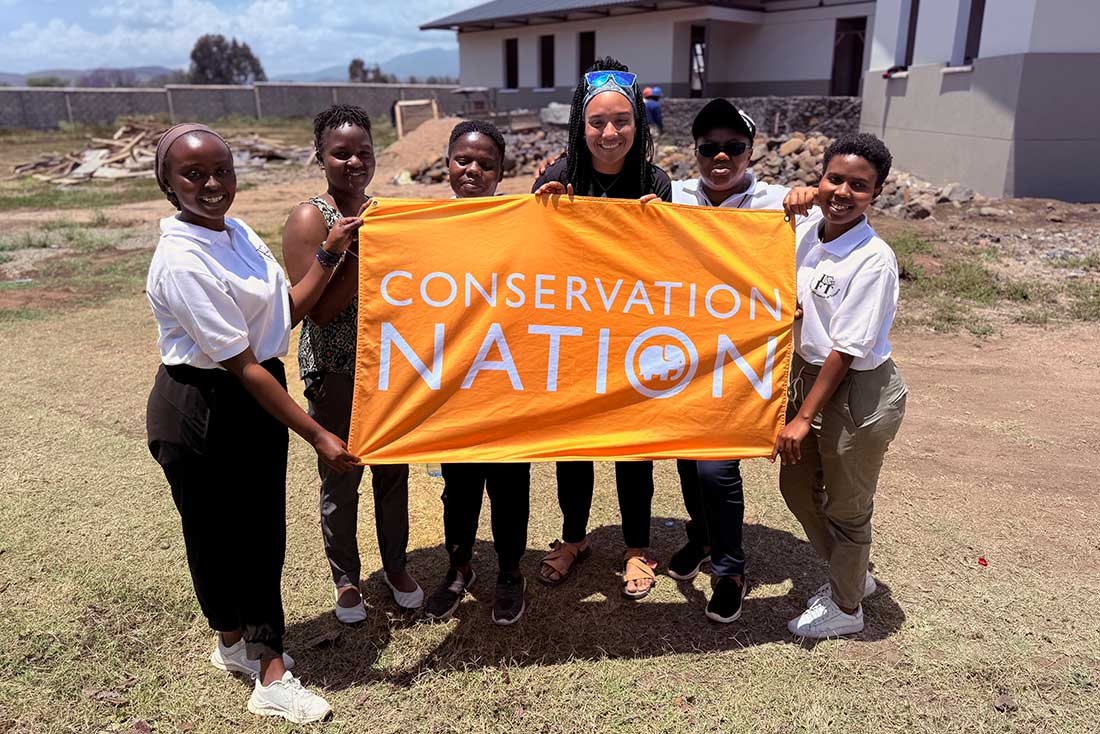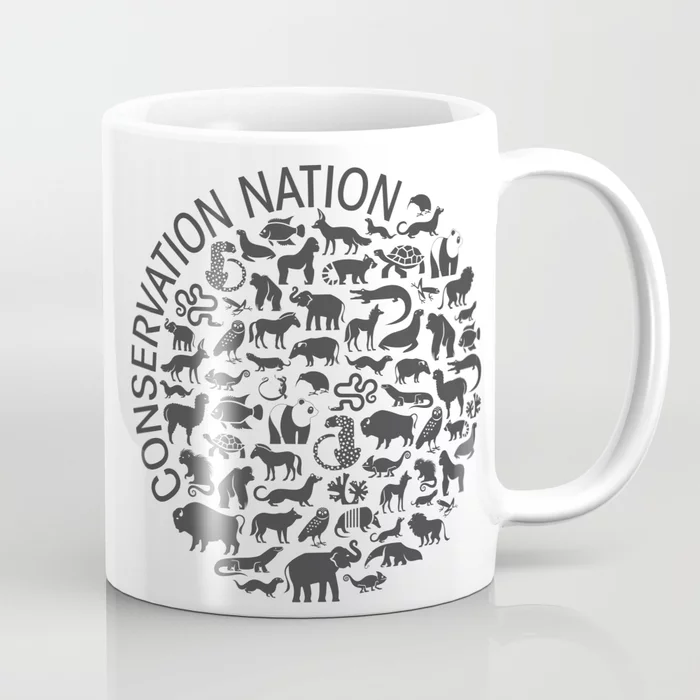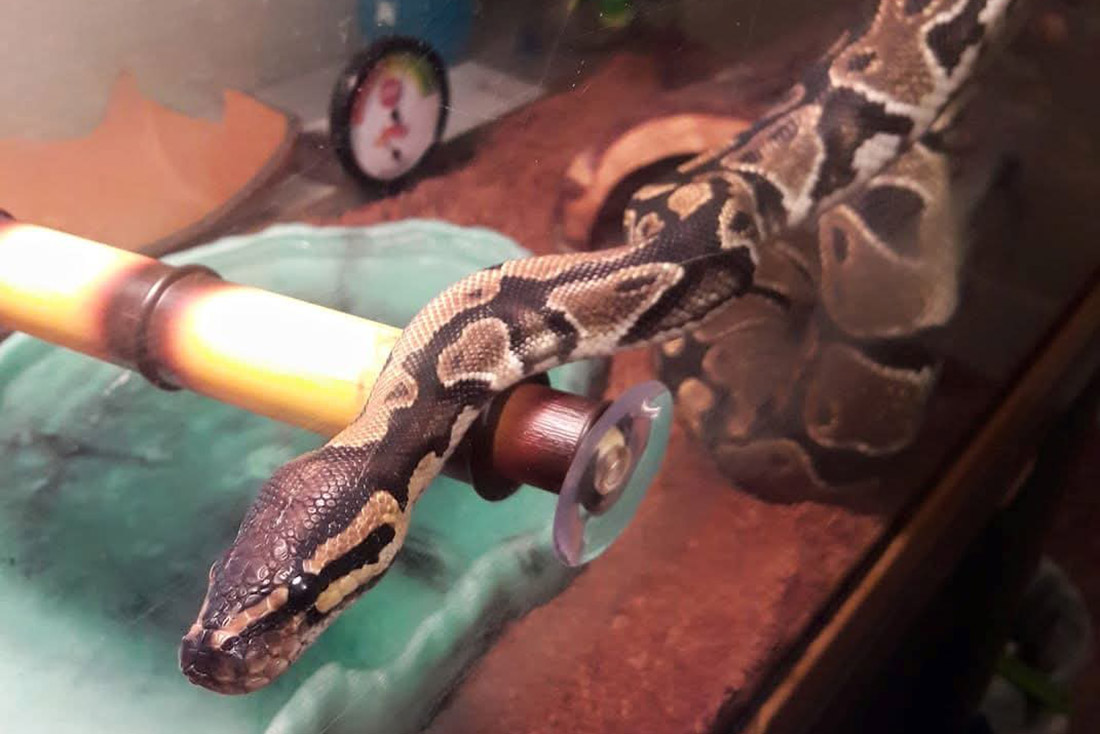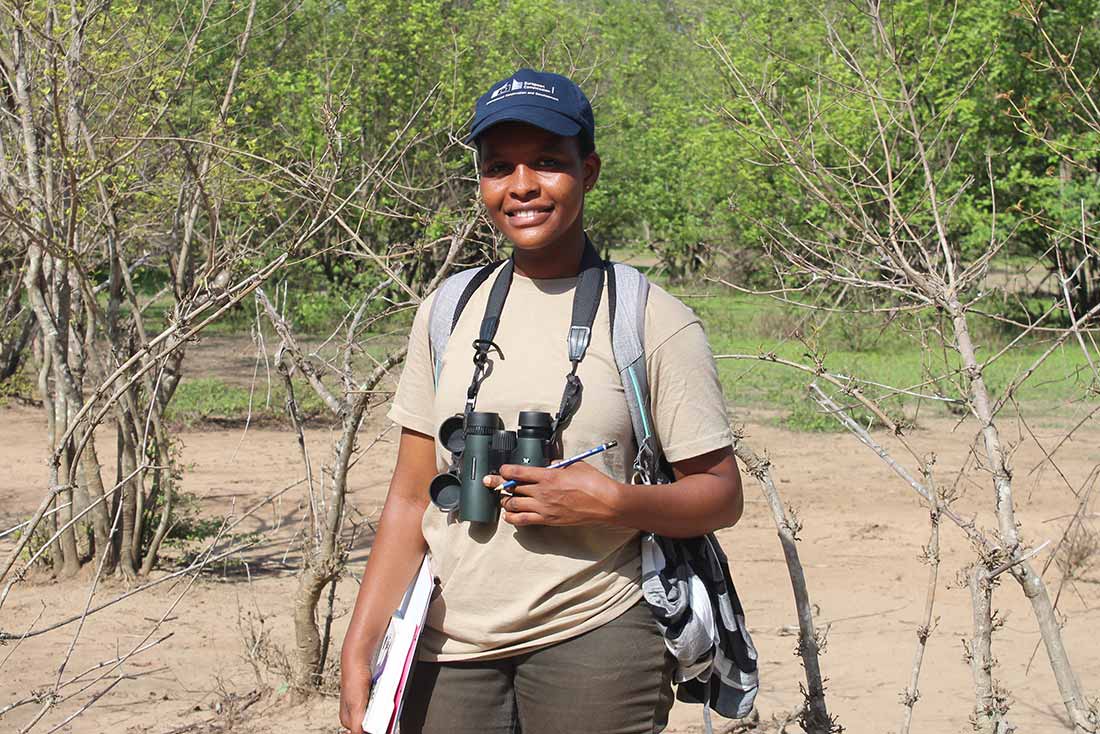You are what you eat. And for dwindling numbers of the southern black rhinoceros, that saying is true now more than ever. The black rhino is critically endangered – fewer than 5,500 remain. Without the preservation of rhinos in human care, leading to their successful reintroduction, it’s likely this species will go extinct in the wild.
To protect these majestic creatures, researchers are studying how the wrong diet can compromise their immune system and ability to reproduce. To do that, Smithsonian researchers are collaborating with groups in South Africa to get microbe samples from wild black rhinos.
This will allow them to gain a better understanding of how to keep this at-risk species as healthy as possible, so we can work toward a future in which rhinos live and thrive in their natural habitat.









